Finance & Accounting Management
Improve Your Financial Health
In today’s healthcare industry, revenue cycle management (RCM) has become an essential function for health systems to maintain financial stability. However, managing RCM can be a complex and time-consuming process. Fortunately, financial services can help health systems streamline their RCM processes and maximize revenue. By automating accounts payable, payroll administration, general ledger, and budgeting, health systems can avoid costly mistakes, improve employee satisfaction, maintain positive relationships with vendors, and ultimately improve their financial health. Our Financial management services will evaluate your company’s current financial framework via financial reports and business operations and offer advice on allocating these resources based on criteria like projected company growth and financial goals. During this analytical phase our company will look at day-to-day operations and long-term financial plans. Our goal is to create a strategic financial plan that aligns with your objectives for the next three to five years.

Areas of Focus

Accounts Payable
Accounts payable is a crucial component of RCM as it involves managing vendor payments and ensuring that health systems have the supplies and equipment they need to provide quality care. Financial services can help health systems manage their accounts payable by automating the payment process, ensuring that payments are made on time, and reducing errors. This helps health systems avoid late fees, maintain positive relationships with vendors, and ultimately improve their bottom line. We will provide financial, administrative, and clerical support to your organization, ensuring that payments owed by the company to suppliers and other creditors are made, paying vendor invoices or bills, and recording the company’s short-term debts. We also control expenses by verifying and reconciling invoices.

Payroll Administration
Payroll administration is another critical function in RCM. Health systems must ensure that their employees are paid accurately and on time to maintain employee satisfaction and retention. Financial services can help health systems manage their payroll administration by automating payroll processing, tracking employee hours and benefits, and ensuring compliance with regulations. This helps health systems avoid costly mistakes, improve employee satisfaction, and maintain compliance with labor laws. We provide management of employee data, ensuring the accuracy of timesheets, computing wages, and ensuring employees are paid correctly and on time. We can also assist employees who experience problems with their pay or need to make a change.

General Ledger
The general ledger is the central repository of a health system’s financial data. It includes all financial transactions, including revenues, expenses, assets, and liabilities. Our financial services can help health systems manage their general ledger by automating the data entry process, ensuring accuracy, and providing real-time visibility into financial performance. This helps health systems make informed decisions, identify areas for improvement, and ultimately improve their financial health.

Budgeting
Budgeting is an essential function in RCM, as it involves setting financial goals and allocating resources to achieve those goals. Our financial services can help health systems manage their budgeting process by automating the data collection process, providing real-time visibility into financial performance, and facilitating collaboration among stakeholders. This helps health systems make informed decisions, allocate resources effectively, and ultimately improve their financial performance.
Let’s Work Together
Whether you just need a nudge in the right direction or a full range of services to get your practice running smoothly, we’re here to help. Book your discovery call today!
FAQs
What is Revenue Cycle Management (RCM)?
RCM, or Revenue Cycle Management, is the financial process that healthcare organizations use to manage the entire lifecycle of a patient’s account—from the initial scheduling of an appointment to the final payment of the medical bill. It involves a series of administrative and clinical steps including patient registration, insurance verification, charge capture, coding, claim submission, payment posting, and accounts receivable follow-up.
Why is RCM important?
Effective RCM ensures that healthcare providers are reimbursed accurately and efficiently for the services they deliver. It reduces claim denials, shortens payment cycles, improves cash flow, and ensures compliance with insurance and regulatory requirements. For clinics, having a strong RCM process in place is critical for maintaining financial stability and delivering high-quality patient care without billing disruptions.
How do I get control of my clinic’s finances and avoid cash flow problems?
Getting control of your finances starts with real time tracking of income and expenses through accounting software or a bookkeeper. Having a monthly budget, monitoring key financial metrics (revenue per visit, AR days, expense ratios), and reviewing financial reports regularly will help you see trends and spot problems early. By managing your accounts and forecasting cash flow, you can make informed decisions and avoid cash flow problems before they happen.
